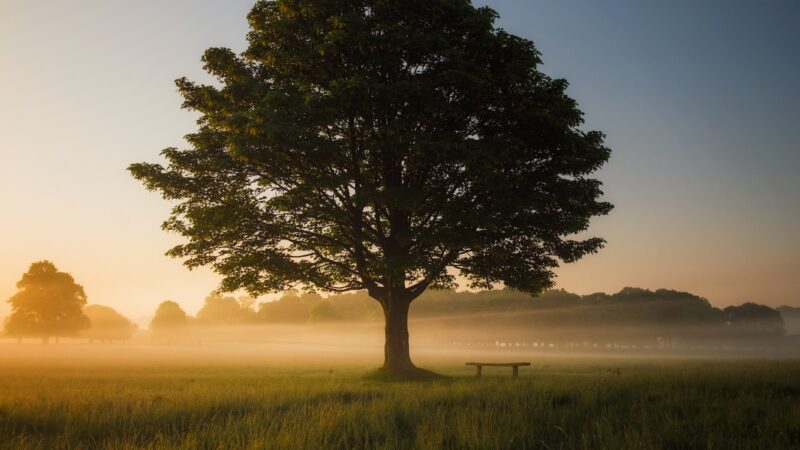Between Tradition and Modernity: A Review of “British Conservatism: 2024 to 2044”, by Richard Cruston
This lively volume follows the development of right-wing thought in Britain between the beginning of the premiership of Labour’s Keir Starmer and the end of the presidency of Mark Hall of the United Party.
Richard Cruston, Professor of Political Theory at Trinity College, Cambridge, is a learned scholar who has written biographies of Edmund Burke, Roger Scruton and Jacob Rees Mogg. His deep knowledge of ideas and personalities were clearly essential in developing this book.
His story begins with the astonishing electoral failure of Prime Minister Rishi Sunak in 2024 — ending almost fourteen years of more or less unrivalled Conservative success. In exile, the Conservatives found themselves fragmented, both politically, with the Johnson loyalists in a fiery campaign to make the unenthusiastic former Mayor of London and Prime Minister of the United Kingdom Leader of the Conservative Party, and ideologically, with “post-liberals”, “national conservatives” and “classical liberals” vying for influence.
If conservative ideas mattered at all, it was in their influence on the Labour government. Professor Cruston is an authority on the development of post-liberalism — a communitarian trend which earned support in the wake of the 2028 London riots — which spread from the capital across provincial England — as its emphasis on order and localism chimed with the state’s management of societal division. Cruston suggests that there might have been the faint whiff of opportunism in the combination of communitarian rhetoric and neo-authoritarian security measures — with more of an emphasis on “community hubs” and “peace enforcement” than on family and faith — but it was politically successful.
The 2030 blackouts were considered the beginning of the end for the Labour government. Prime Minister Meera Devi won the 2032 elections on a platform that some commentators called “neo-Thatcherite” — promising economic liberalisation, energy reform and closer links with what became known as “the younger powers”. Professor Cruston disapproves of what he describes “the fetishisation of the market” — though he doesn’t say where the power was meant to come from.
Devi’s government placed significant emphasis on character and individual responsibility. “Disciplining yourself to do what you know is right and important,” she was fond of saying, quoting Britain’s first female prime minister, “Is the high road to pride, self-esteem, and personal satisfaction.” Regrettably, her time in power was dogged by scandal, with ministers being accused of cocaine addiction, using prostitutes, doing cocaine with prostitutes and being addicted to doing cocaine off prostitutes.
Ashley Jones’ Labour premiership offered conservatives a chance to regroup. Had they forgotten the ends of politics as well as the means? Were they too focused on economics and not culture? Cruston is informative on the subject of the traditionalist “Lofftism” which flourished in the late 2030s, only being interrupted by the “Summer of Crises” which finally led to the United Party taking power in March 2039.
Conservative thought flourished in the early years of the 2040s, with generous funding being invested in private schools, universities, think tanks and private clubs. Here — if you were fortunate enough to be invited — you could hear about great right-wing minds from Hayek to Oakeshott, and from Kruger to Hannan. It was a time of intellectual combat but also intellectual collegiality. Millian liberals could debate Burkean conservative and yet remain friends. You could say anything, some intellectuals joked, as long as you didn’t influence policy.
With the unexpected departure of President Hall on the “New Horizons” flight the future of British conservatism looks mysterious. Professor Cruston counsels that we return to Burke — a voice that spoke in a time of similarly great upheaval. Perhaps we should heed his words.

